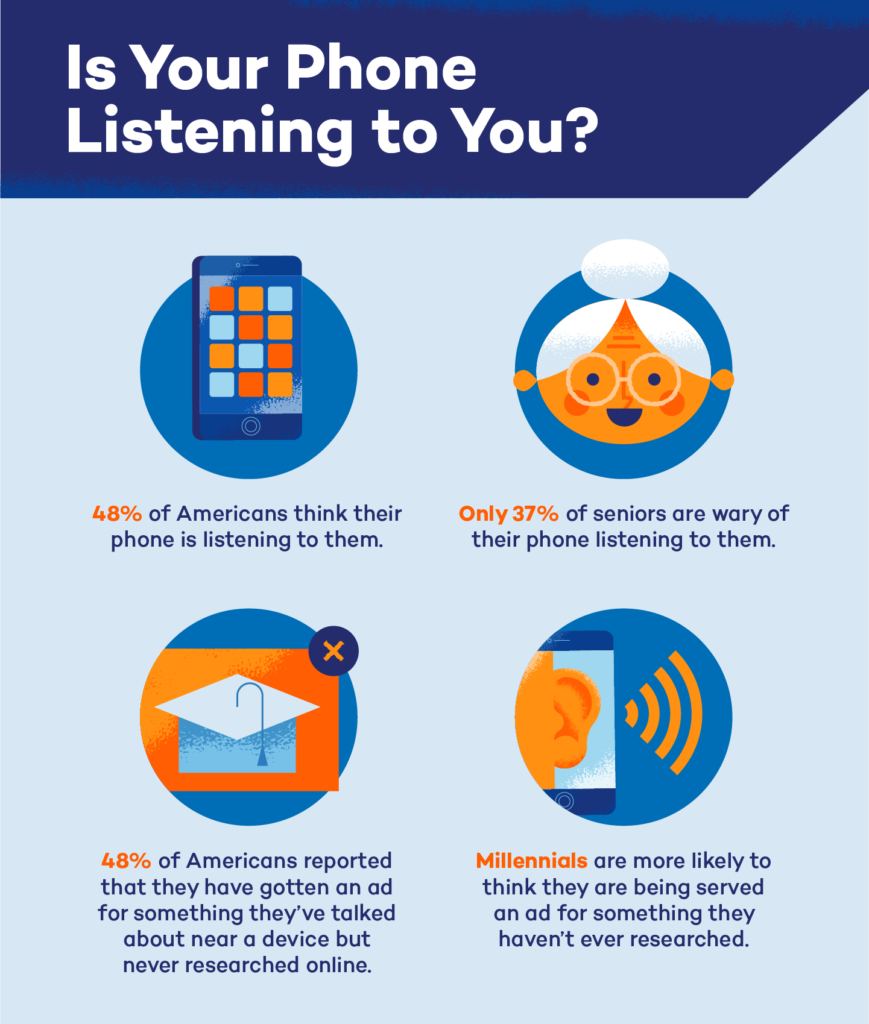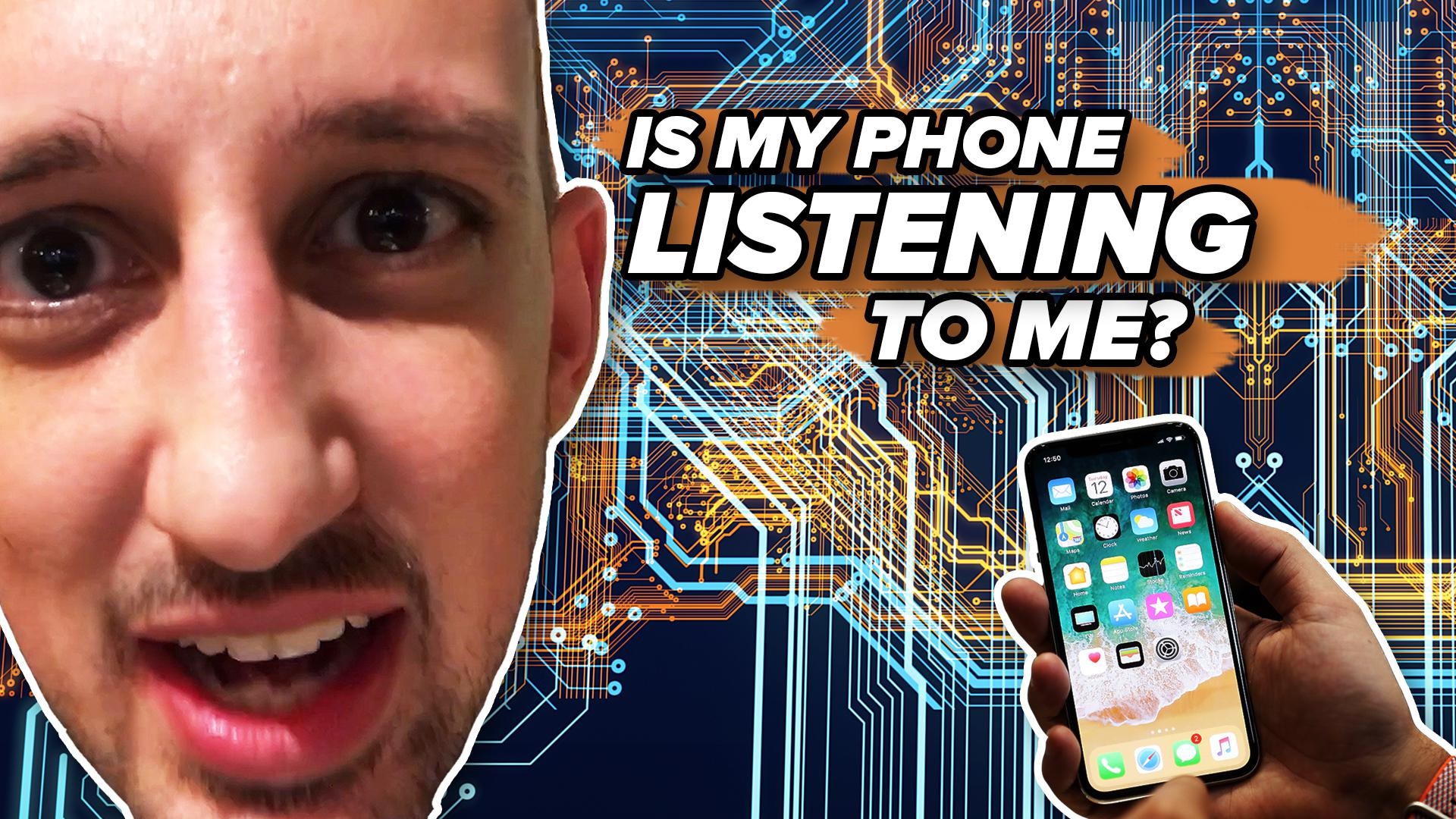Digital privacy expert discusses the possible violation of privacy and security of cross-device tracking
Third of Canadians (33%) have ever noticed an ad on their devices of something they recently spoke about or saw on TV (but hadn’t searched for), according to research by NordVPN, a leading cybersecurity company. A majority of them noticed such ads on their smartphones (76%), computers (49%), or tablets (29%). Moreover, such experience made more than 4 in 10 (46%) Canadians feel tracked/followed as well as scared (12%).

“That’s due to ultrasonic cross-device tracking. That’s when smartphones have apps that are continuously listening to inaudible, high-frequency ultrasonic sounds from the surroundings and gather a lot of information about you — all without your knowledge. Later, they share this data across other devices,” says Adrianus Warmenhoven, a digital privacy expert.
While tracking people’s behavior across devices is beneficial to marketers, cross-device tracking is often questioned by privacy experts because of its lack of transparency, security and protection of sensitive consumers’ data.

Ultrasonic cross-device tracking — a trending rise
Ultrasonic cross-device tracking is used as a method to link all the devices you own to track your behavior and location. These ultrasonic audio beacons can be embedded in many things we interact with daily: TV shows, online videos or websites, or apps on our phones.
Imagine you are watching TV and you see chocolate being advertised. You pick up your phone, and the same chocolate ad appears on your screen. By using ultrasounds, audio beacons can detect when your phone is nearby, and apps on your phone can listen for approximate audio beacons to track what you are doing.
“Many apps currently ask for permission to access the smartphone’s microphone to incorporate a particular type of ultrasonic beacon to track them. Since it requires no mobile data or Wi-Fi connection but only microphone access to listen to beacons, tracking works even when you have disconnected your phone from the Internet.

“It’s not possible to stop ultrasonic beacons from emitting sound frequencies around you. Therefore, the best way to reduce the chance of your smartphone listening for beacons is to simply restrict unnecessary permissions you have granted to the apps installed on your device,” says Adrianus Warmenhoven.
How can you reduce cross-device tracking?
NordVPN research shows that 65% of Canadians don’t know how to restrict their smartphone’s permissions from listening to them. No one likes to be tracked. Therefore, Adrianus Warmenhoven suggest several ways people can reduce the incidence of this happening:
- Use a VPN. One of the best ways to protect yourself from being tracked is by using a VPN. A VPN is a tool that encrypts every bit of information about your internet activity. It also stops IP-based tracking because it masks your IP address.
- Use a privacy browser. If you want to keep yourself from tracking, it is best to use a private browser like Tor or DuckDuckGo rather than the incognito mode in Google Chrome. These browsers do not profile you or save any of your personal data for sharing with marketers.
- Change app permissions. The apps on your smartphone may have some permissions that are not required. For instance, why would a photo-editing app need access to your microphone? If apps on your phone have such non-required permissions, you should revoke these permissions.
“The consolidation of power among large tech companies allows them to obtain large quantities of data about individuals across multiple platforms and devices. In this way, technology giants have even more opportunities to obtain deeper insights into individuals’ habits and preferences. Data consolidation through cross-device and platform tracking may also increase data security risks,” says Adrianus Warmenhoven. For the Silo, Darija Grobova/NordVPN.


